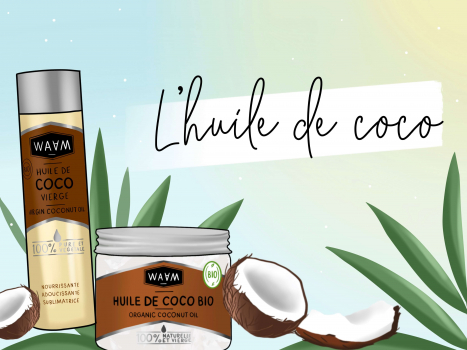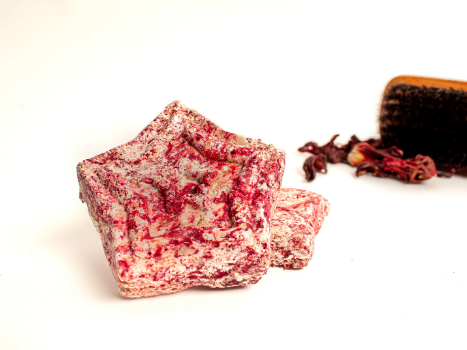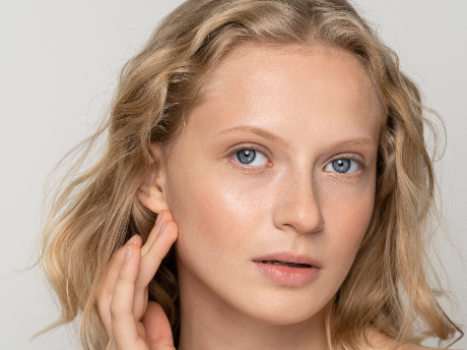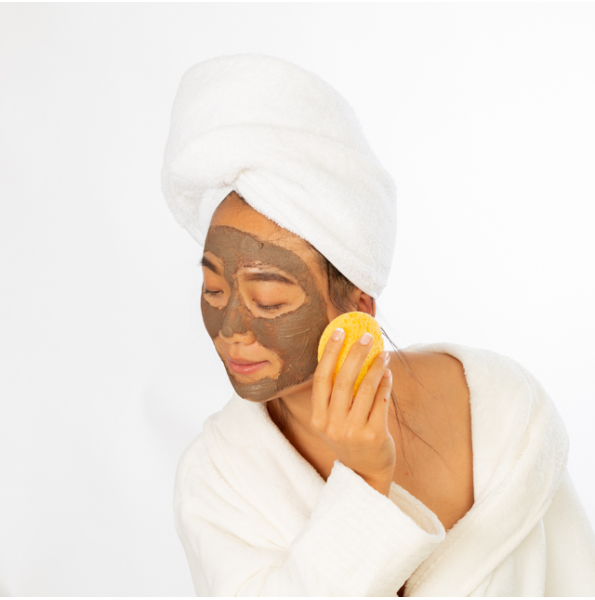
Taking care of acne-prone skin the natural way!
As anyone who has acne-prone skin will tell you, taking care of it is no easy task. Acne often needs to be treated on the surface, but also at a deeper level.
There are a growing number of solutions to reduce acne and, in some cases, get rid of it altogether, and taking care of it with natural products is entirely possible. Here are a few tips to help you do just that.
What is acne-prone skin?
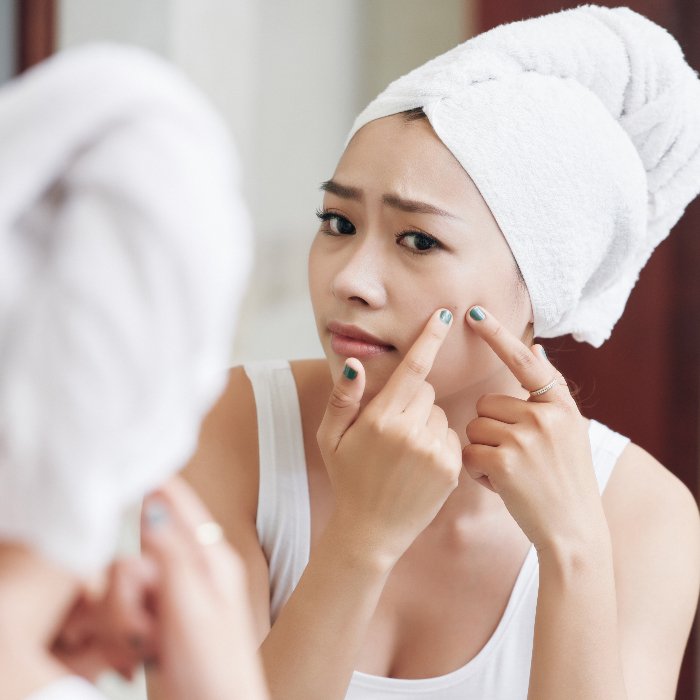
Acne is a skin condition caused by increased sebum secretion by the sebaceous gland. Bacteria develop inside the gland, causing pimples to appear.
Other skin lesions can appear, such as blackheads, comedones, cysts and nodules.
Acne affects the face, neck, chest, upper back, shoulders and forearms.
This skin condition generally appears at puberty, a time of major hormonal changes. But it's also common among adult women (and a few men too). The causes are very often stress, fatigue and, of course, hormones.
As a result, the skin produces more sebum, encouraging the proliferation of bacteria under the skin and the appearance of acne pimples.
Natural skincare products to care for acne-prone skin on a daily basis.
The primary objective when caring for acne-prone skin is to purify it deep down to reduce localized inflammation. Cleansing is the first step in this routine. The cleansing product you choose should be gentle yet purifying. Aleppo soap is one of these natural soaps that will disinfect and moisturize the skin. Even oily skin needs moisturizing to prevent it from producing too much sebum. You can also use a gentle sulfate-free cleansing gel, which won't aggress the skin.
After washing, to soothe your skin, you can opt for floral waters, which will also provide hydration.Chamomile floral water is one of the most soothing. To purify, we recommend lavender floral water. Spray directly onto the face and leave to dry.
Then comes the moisturizing and nourishing stage. The important thing to remember is that if you have acne-prone skin, you must avoid comedogenic skincare products. These will clog pores and encourage the appearance of pimples. Vegetable oils are very good allies. Yes, vegetable oils can even be used on oily skin. Well-chosen, they will help regulate your skin's sebum production. The vegetable oil par excellence for acne-prone skin isblack cumin oil. It is antibacterial, healing and anti-inflammatory. Apply it alone, directly to the areas to be treated. You can also combine it with other plant oils to use it as a serum. Find a simple anti-acne serum recipe on the blog.
These simple steps should also be carried out in the evening for best results. Remember to wash your hands thoroughly before touching your skin.
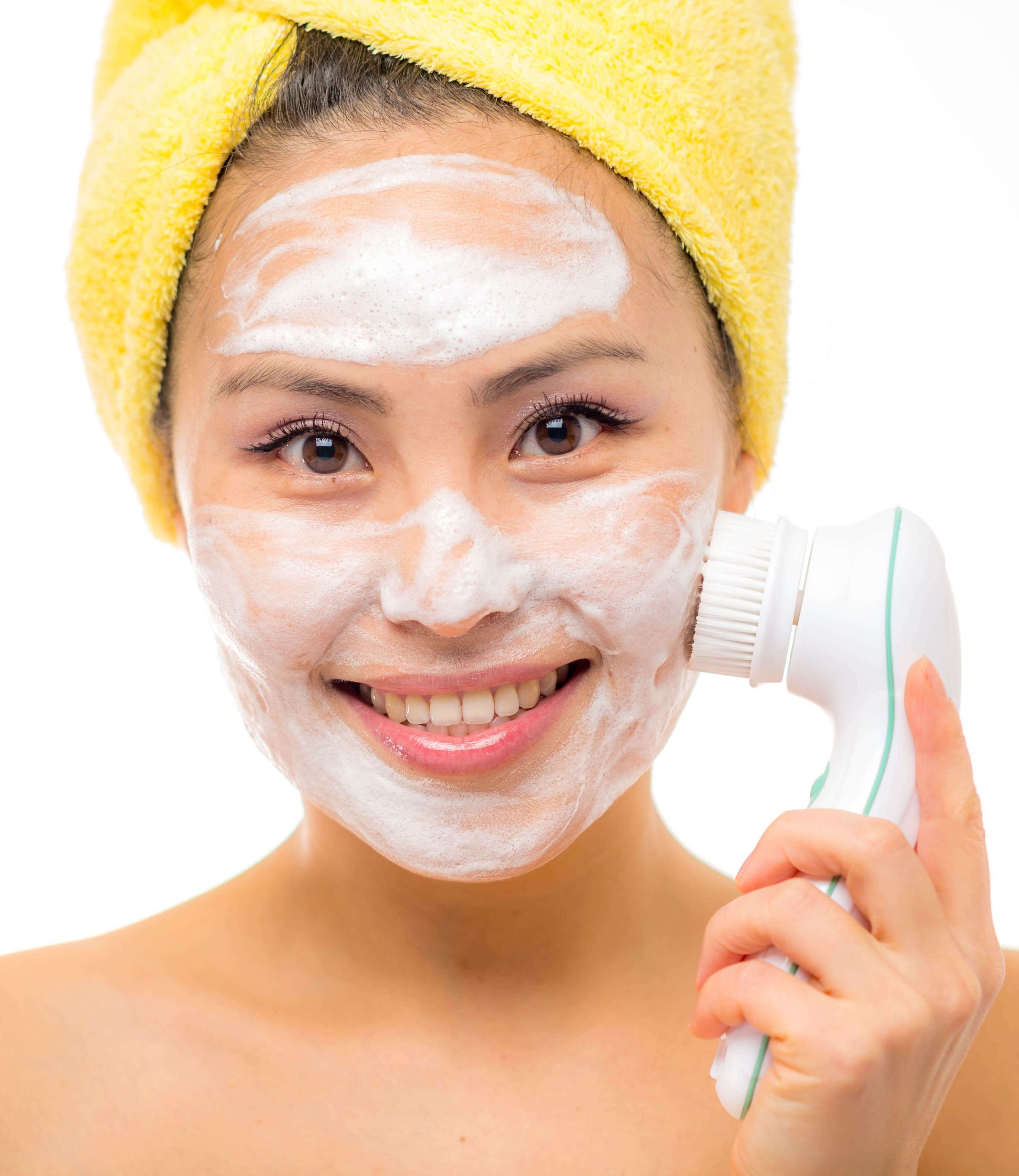
Natural deep care for acne-prone skin
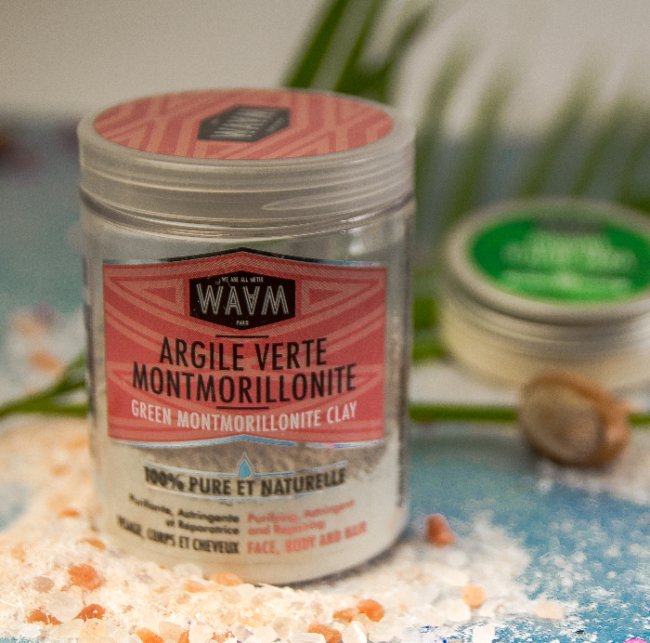
In addition to the daily routine we've recommended above, you can also carry out a few deep-acting treatments. Once or twice a week, a scrub followed by a purifying mask can help reduce inflammation. The scrub should be gentle to avoid the opposite effect. Choose a very fine-grained, fragrance-free scrub.
Make your own scrub with extra-fine coconut bark powder mixed with vegetable oil, for example. Follow your scrub with agreen clay mask. This clay has antiseptic, purifying and healing properties. It can be applied to the face alone, or mixed with water.
Alternatively, you can make a skin care product that will be even more effective in treating your acne naturally. See our anti-acne mask recipe on the blog. It's easy to make and highly effective.
When it comes to caring for acne-prone skin, purifying skincare products must be at the forefront. They will help eliminate the bacteria that form under the skin, thus reducing inflammation and the appearance of pimples.
Don't put your fingers on your pimples. This can damage them, increasing inflammation and leaving scars.
It's important to be regular in your routines and to be patient. If, despite our advice, you don't see any change, don't hesitate to consult a specialist.

.jpg)
.jpg)





